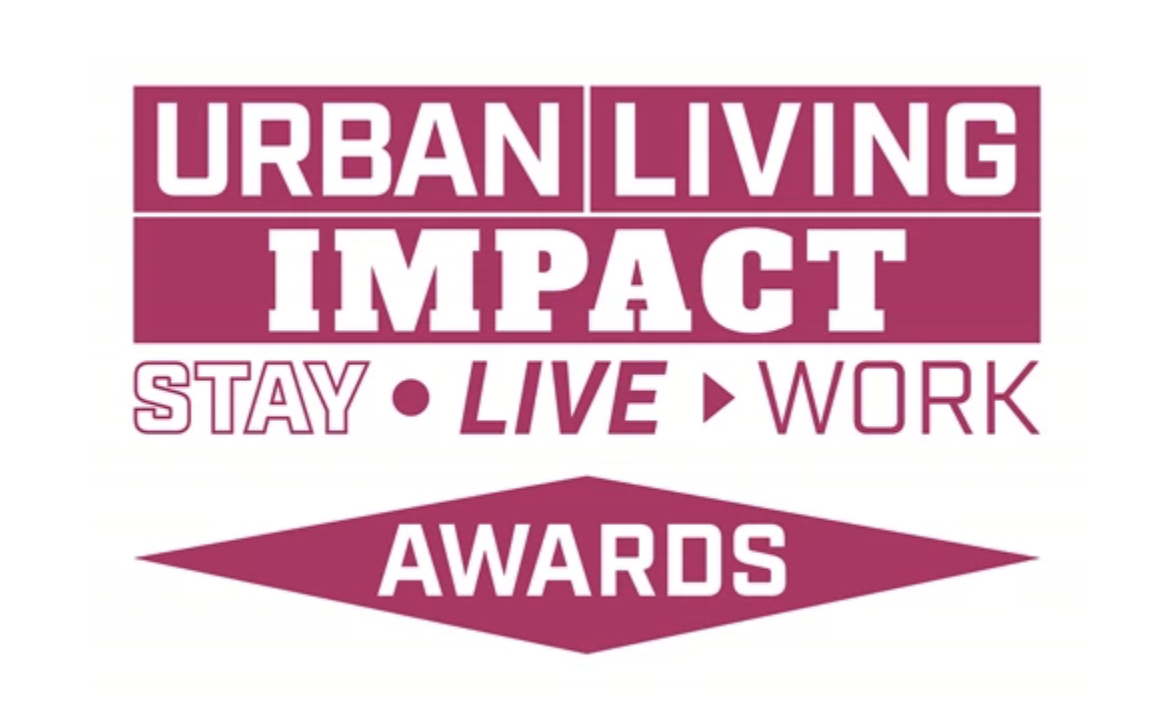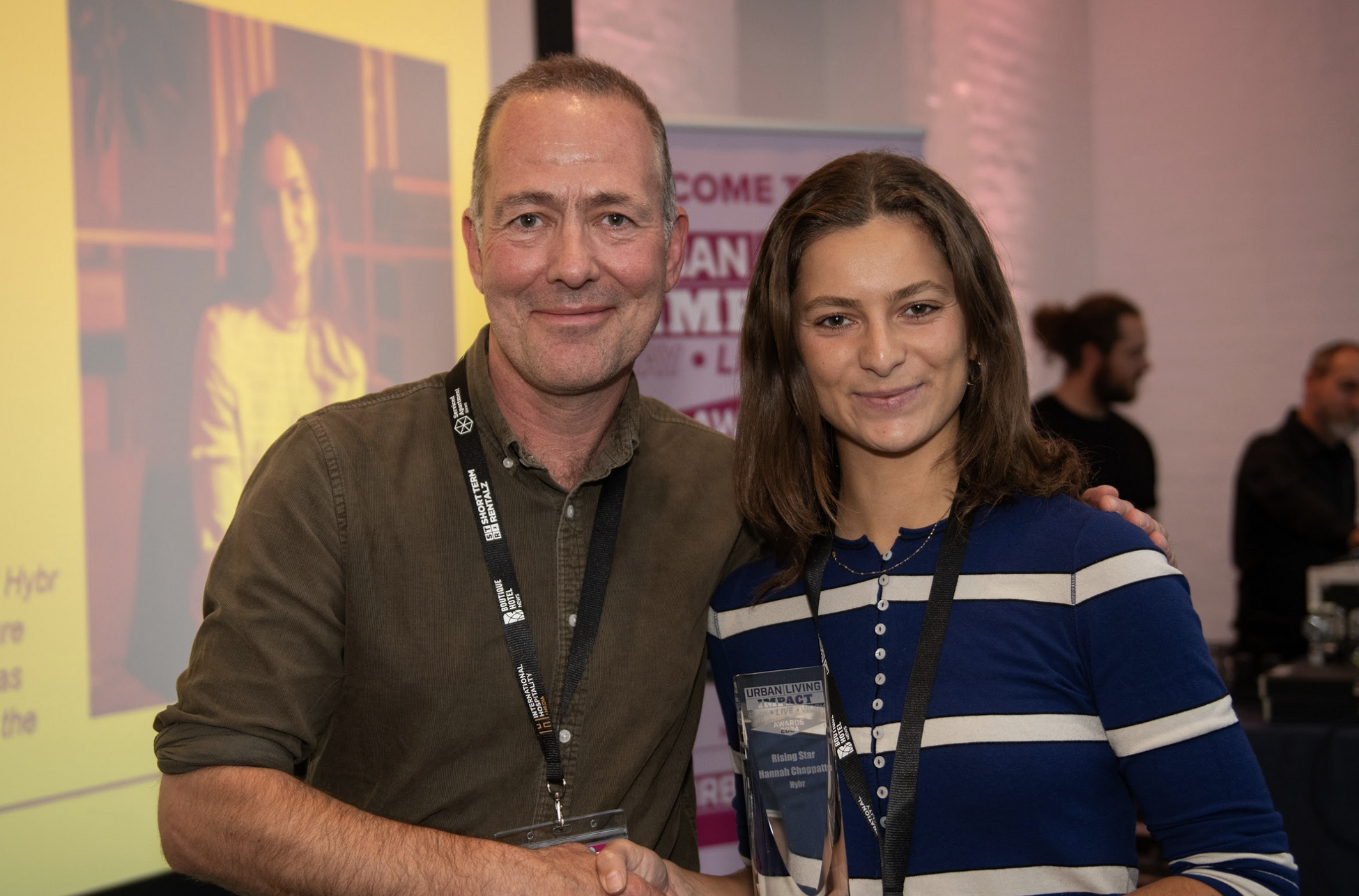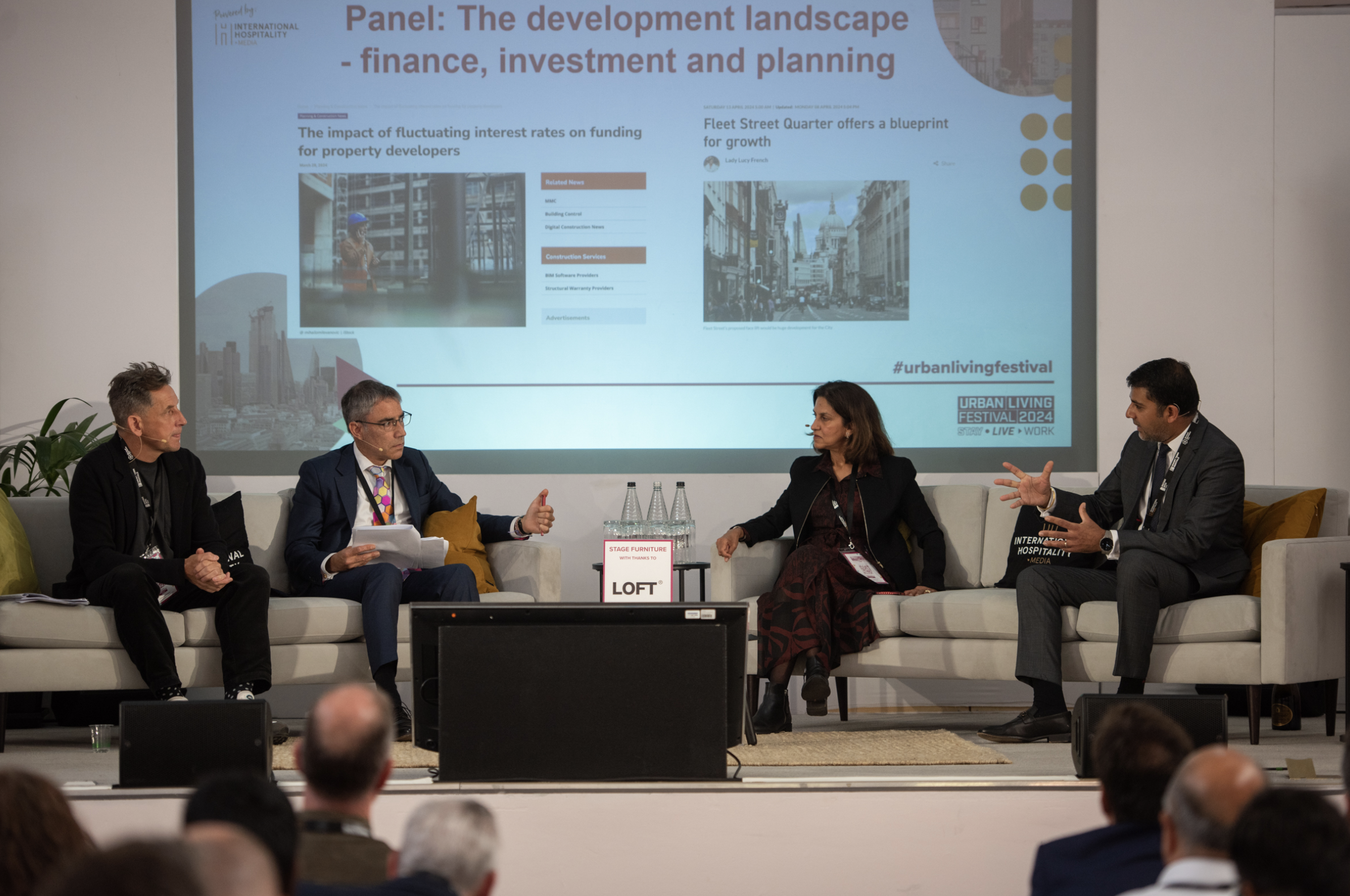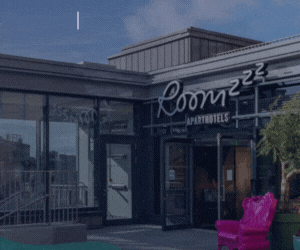Dominik Graetz of DigitalNewX looks at the potential for the human-centric application of AI to real estate and urban development to create better buildings and user-friendy neighbourhoods.
In a world increasingly shaped by uncertainty, accelerated change, and digital saturation, the spaces we inhabit, our homes, hotels, coliving hubs, and urban neighbourhoods are more than just infrastructure. They are emotional and social ecosystems. And these ecosystems are changing fast. At DigitalNewX, we believe the question is no longer whether AI will transform urban living, but how it should do so: responsibly, usefully, and with empathy.
Enter Hybrid Intelligence, our approach to a more grounded, human-centric application of AI in real estate and urban development. It’s not about replacing people with algorithms, but about blending human intuition with machine precision. It’s about enhancing decisions without automating away meaning.
Already today, AI is quietly reshaping real estate behind the scenes. In development, machine learning models analyse zoning data, predict planning risks, and optimise land use long before a shovel hits the ground. In property operations, AI forecasts energy demand, automates maintenance workflows, and helps reduce operational carbon footprints. And in tenant experience, intelligent systems personalise services, improve accessibility, and increase safety from smart access to behavioural sensors that support well-being.
But these systems are often invisible to residents. That’s part of the problem. Urban intelligence isn’t just about performance metrics; it’s about perceived value and lived experience. Our vision at DigitalNewX is to make AI more visible, more trustworthy, and more collaborative. We want to give people not just smart buildings, but intelligent relationships with the places they live and stay in.
One of the biggest opportunities ahead lies in the integration of contextual awareness into AI systems. Imagine a co-living building where the AI understands the difference between a student house in Berlin and a senior housing unit in Barcelona, not just by metadata, but by social rhythm, neighbourhood culture, and human patterns. Hybrid Intelligence can be that contextual layer.
Take, for example, predictive AI in hospitality. A hotel using Hybrid Intelligence doesn’t just offer automated check-ins. It adapts the service flow depending on who is arriving. A solo business traveler at 11pm gets a seamless, quiet arrival. A family with children gets personalised room suggestions and snack packs waiting inside. It’s not magic, it’s data used ethically, contextualised by design, and shaped by human priorities.
Looking further ahead, we believe AI can support urban regeneration in a way that feels inclusive rather than extractive. Vacant retail spaces could be dynamically reassigned based on real-time demand analysis, neighbourhood feedback, and city sustainability goals. Abandoned buildings can be reimagined as micro-hubs, – using AI to match community needs (elderly care, co-working, daycare) with spatial availability. In all of this, the key is: AI should serve urban life, not just optimise it.
But we must proceed carefully. There is growing skepticism, rightfully so—around the overreach of AI in public and private spaces. Surveillance, bias, black-box systems: these concerns are real. That’s why at DigitalNewX, we advocate for explainability, opt-in personalisation, and co-design with real users. We think the future is not fully automated, but thoughtfully augmented.
In our work with property developers, hotel operators, and city planners, one insight keeps coming back: people don’t want AI to impress them; they want it to support them. In that spirit, Hybrid Intelligence means building trust first, and tech second. It means giving building managers not just dashboards, but insights. Giving residents not just services, but autonomy. Giving guests not just convenience, but care.
At the Urban Living Festival, we’ll explore these themes, not with a polished pitch, but with open dialogue. We invite everyone from the sector to think beyond tools and trends. Let’s talk about values. Let’s ask: What kind of intelligence do we want embedded into the future of urban life? One that predicts revenue only, or one that understands rhythm, responsibility, and regeneration?
We believe the answer is Hybrid Intelligence: designed with people, for people, and around their lives.
Dominik Graetz is CEO and co-founder of DigitalNewX. He will be speaking on a panel discussing AI’s transformative effect on real estate and hospitality at the Urban Living Festival in London on Septemer 23rd. Click here to find out more and buy your tickets.
























